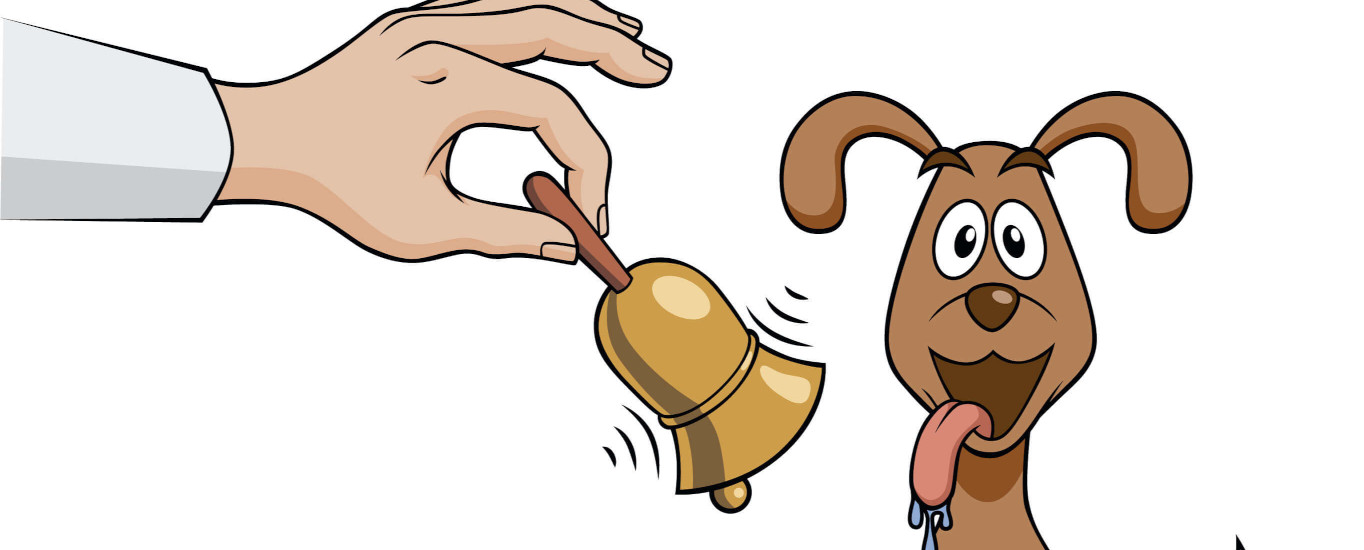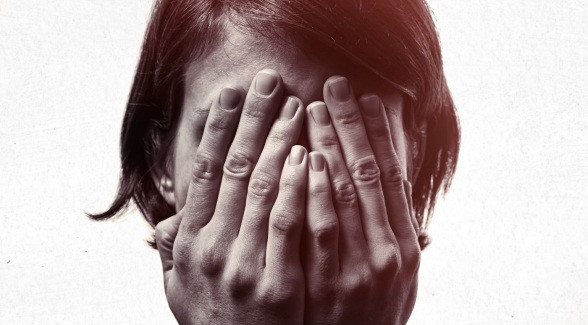One topic that has affected Steven and William personally is that of mental health. In this episode they share their personal experiences of suffering, learning, developing and coping.
Watch a Short Excerpt:
Transcript (continued):
Steven: And then I got used to it. I started to understand the depressive spell. So if I was feeling very depressed I just knew that's what was happening and I guess pushed through it. And it became the normal. It became just part of my everyday life. And most people would be like, "Oh, I didn't realize you were so...", you know, if I talked about it to someone, "Oh, we had no idea. We know you you project the rebellious surface image. But you're always so, you know, happy and look positive." And it's amazing that you can project that on the surface, but inside be so in oblivion and turmoil and feel hopeless, I guessm, because that's what depression can be.
William: Yeah, it can isolate you because you might feel that you're the only one going through this, or that there's something wrong with you. And then you can feel ashamed for it. And so I enjoyed going to groups who share this. I don't think there they were always available. But in my late 20s I found a group that helped me like that. Or I've also done a bit of group therapy, and that's helpful because everyone is different in how they experienc mental illness; but there is more of an understanding and less prejudice and expectation for you.
Steven: Well, the emotion is the same. The emotion is the same. So even though the circumstances around things may be different, often the thing that links us is being able to meet people that can relate and understand, to a degree, the emotions we're going through. I think we've talked about this before in the podcast. But often you get people to say, "Oh, you can never say you understand." In a therapy situation the therapist should never say they understand because they don't. And it's like well actually no they may understand the emotional side of it. They may not understand the circumstances. And when I've been talking to friends and stuff, it's when they... if they're having struggles, and I turn to them and talk and say, "No I understand the emotion and how that's going through," they feel less alone. It's a very important thing to feel less alone. Feeling alone is one of the biggest triggers or struggles with any mental health thing. The moment you kind of get a sense of not being alone I think it takes a bit of a weight off. So you finding a group that you can actually you know chat to and stuff is wonderful, it's being able to help.
William: Yeah, you did mention that about empathy and being able to feel what other people are feeling even though you might not be in the exact same circumstances as them in a previous episode. But the emotions that come with mental illness can be different or more intense in a way. So what words can you use to describe them? I mean the word "depression" gets misused a lot like, "I was so depressed all day, but now I'm fine." That could be real depression, but often people just use it for when they're down a bit, when they're disappointed. But there is a medical use obviously.
Steven: Yeah, again the measurement: When does it turn from being down and feeling unhappy to then being depressed? That's the difficult weight of the doctors struggle with I guess, to try and measure, to know.
William: I find it to be literally depressive, sometimes in the sense that there's something pressing. You know, there's a pressure in my head. And I don't know how that works physically, if there is air pressure, if there's blood pressure, I don't know what other things there could be. There's some electrical phenomenon going on. But it also manifests in my shoulders. So the feeling of there being a burden on my shoulders I guess comes from the tension in my shoulders when I'm trying to protect myself metaphorically, as though there were someone chasing me with a stick or something. Maybe that's some instinct we have when we feel endangered, threatened. So that's that's another word I like to use to describe how I feel. And then just lots of irrational thoughts, including fears of dying; I think that's a common one, going to hell if you're raised in a religion. You know just just these these worst fears that you have that you might experience in your nightmares will appear so much more realistic.
Steven: You just feel overburdened by everything, everything. Everything manifests itself a lot stronger, as you say. And I think motivation is one as well, like to be able to do things becomes very difficult. Even simple tasks become a clear sign, I think, that you're struggling with depression. Again, a lot of people don't realize a lot people go through a depression. And they kind of just push through and push through. You know, things are a lot harder. It takes them a while to realize what's actually going on. And so it's important to try and make people aware, I guess mainstream culture. All these things ... receive the help.
William: I found that I'm afraid of disappointing someone, say an employer or a parent. And then I will try to hide my feelings because of that, because I want to fulfill the expectations the other person has. But the the paradox thing is that they're actually more prepared than you think to be understanding, even if they may not have gone through anything similar personally, but to just treat you more carefully, more respectfully. I think people are capable of being careful and friendly if they know that there's a need. But first you need to tell them. Because, like you said earlier, a lot of us hide what we're going through and do so successfully. A therapist will probably pick up on these signals a lot quicker...
Steven: The depression itself makes it feel like you can't tell people. So you feel like a weakness, or that you're you're not good enough, or that you're failing. And therefore you think you're gonna be judged and think that you'll be letting them down, as you say, and disappoint them and stuff; when as you say it's quite the opposite: Often people are willing to help because they care for you and want what's best for you. But it's hard to take that first step, that first step is quite frightful.
William: The opposite can happen, too, that someone wants to help you. But since they don't know what you need, what would actually help you, they're very likely to do something that is not helpful, that could even be counterproductive, and put more pressure on you. And then all you want is distance from that person. But then if you're the affected one you often don't know yourself what you need. And so the the common thing for me is just rest, just leave me alone and let me sleep, and then I'll be better afterwards, more approachable or in a better mood. But when it's a person I see regularly maybe I could figure out something with them where I can say, "I'm in a bad mood or having one of those days," and then they know how to treat me differently. But that's something, that takes time, and you just need to figure it out.
Steven: Well, people tend to be one of two things: they tend to be fixers or listeners. So one person tends to just listen and let someone talk and work through it themselves. And then other people tend to want to just be proactive, give you the advice that may or may not help or be worse or actually might be the right thing. But again, it all depends on the individual and the conversation going on and that kind of stuff. But that tends to be what I found. And at any given time it could be the right or wrong thing. It's so difficult. So one person that you're talking to that maybe has depression or anxiety or, with OCD it's actually is a bit more complex in terms of trying to find things to help and assist with it. But with depression and anxiety there are many many ways like both medication or cognitive behavioral therapy and different therapies that can assist. And it's trying to be able to talk, when you're fun to an individual, signpost some, I guess, listen obviously, but do both I guess: listen, make sure they know that they're cared for, and that they're not just being brushed aside as, "Just get over it, get on with it." That's an attitude that happens, and then signpost it, I guess, to doctors and different things. Meditation is one that happens a lot these days. Talk about mindfulness and these kind of things.
William: There's no shame in going to a regular general practitioner or a psychotherapist just to figure out if you are dealing with such a condition, so that you can give it the proper attention. Another method that I like to use is reading self-help books. They may not answer every question you have. Obviously you can't have a dialogue with them with the doctor. But for me, I love to absorb information and learn a lot. So it's a good way for me to reduce that uncertainty and that feeling of being overwhelmed. So a combination of medicine, therapy and books and meditation is good. The combination is usually better than any of them by themselves. What has been bad for your healing process? One thing I can think of that also others have told me is trying to search the internet for advice by other people who have been through something similar, you know, non-professionals. Have you done that before?
Steven: Yeah, a little bit. I've been quite lucky to find people that actually I can just chat to. And they're getting such a strange like interesting one getting tested is through messaging. So often that works for people often messaging backs and forwards. There are a lot of communities where it can help often do the opposite, and it just becomes a cesspool of people feeding off each other's depression rather than help each other. That can happen.
Other Episodes:
Ep. 51: How Conditioned Are We ?
How much of what you do, think and feel comes from intentional, free chosing? How much of your actions and decisions are pre-programmed? You are the product of your upbringing, culture and genetics. What is out of our control? What can we influence? How can we counteract our predestination?
Ep. 50: What Am I Responsible For ?
Are you taking too little responsibility for your actions, or perhaps too much? How much are you able to understand or determine the consequences of your decisions? Are you in control of anything? Is free will an illusion? Can you do something to improve your thoughts, feelings and relationships with...
Ep. 49: Empathy Can Be A Super Power
Everyone has the choice of either living isolated from other people and their own feelings on the one hand, or to connect with others and their own emotional core. The road towards connectedness involves vulberability and weakness. But it leads to a very rewarding ability that includes deeper understanding of...
Ep. 48: Why Am I Ashamed?
What secrets do you have? What facts about you must never become known to others? What happens in our childhood that implants beliefs in us that hide away for the rest of our life? Can we uncover them deliberately? Can we regain the emotional freedom and levity that playing children...







